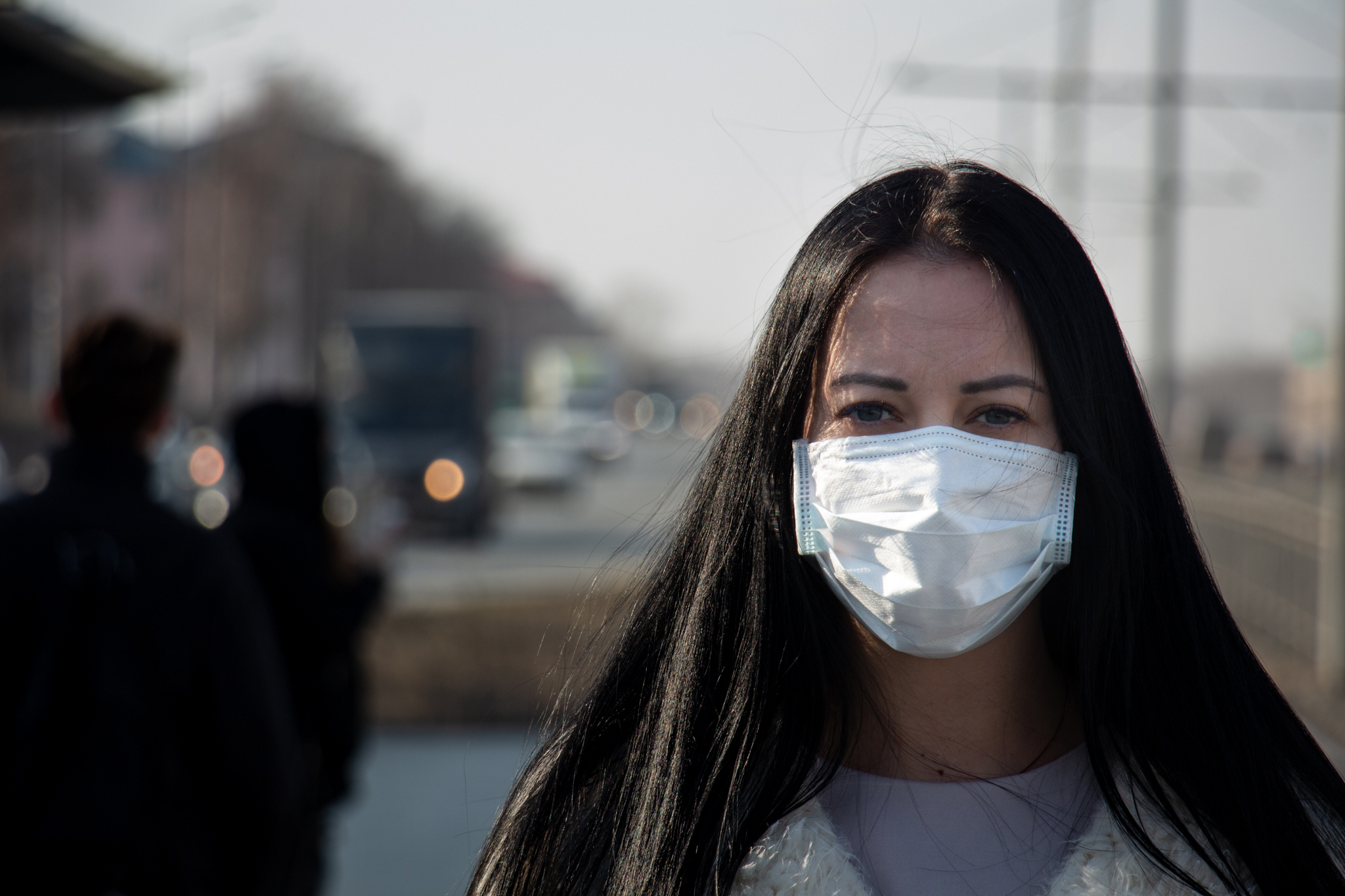
We are in the third national lockdown due to the new variant of coronavirus spreading rapidly throughout the UK, now deemed the ‘British variant’ by Spain.
This new variant has hit both the younger and older generations. The AstraZeneca Oxford vaccine is out and Boris is pledging to vaccinate two million people a week by the end of January.
Now is the time to question whether all of Boris’ lockdown masterplans have actually worked and whether they were worth it.
At first glance, the obvious answer is yes. In Europe, lockdowns have saved more than three million lives. However nationally, the worth of the three lockdowns can be questioned. Those who live in high risk (Tier 3 and 4) areas have been locked in their houses for around eight months, with retail, entertainment and hospitality shut during that period.
Additionally the economic impact of this virus is, and will continue to be, astronomical. Covid-19 has had a massive impact on our GDP. The most recent monthly GDP figures (Dec 2020) showed the UK ‘bounce back’ was continuing to slow even before the second and third lockdown restrictions were announced, with monthly growth of only 1.1% into September. It has also been detrimental for businesses. Most wholesale and retail shops are closed in a national lockdown with the exception of essential shops such as supermarkets. The impact is drastic on a sector which employed five million people at the start of 2020. Ultimately, the closure of retail means that unemployment rates will be at a record high. UK unemployment is likely to reach 2.6 million by mid-2021, according to the government’s economic watchdog, which is 7.5% of the working-age population and is beyond damaging to our futures. This suggests that the majority of people will find it extremely hard to recover. Rishi Sunak presented a plausible estimate of a loss of output in 2020 of over £200bn, which is nearly £3,000 per person in the UK. The question has to be asked, was the implementation of national lockdowns really the best solution?
Children are being deprived of school and students of university. There are more cases of domestic abuse than ever before. Hospitals are generally places where life is sought to be preserved, but now are hothouses of this plague; impacting quality of life for so many people. People are less willing to seek help if they are sick and hospital treatments are being side-lined or cancelled. Moreover, the virus puts people under potentially life-scarring mental health issues due to not being able to leave home.
Sweden stood out amongst many countries as they were one of the few countries to not deploy a lockdown, instead relying on herd immunity. Yet it has now got the highest number of deaths in all of the Nordic states, consequently culminating in a lockdown. Therefore, it can be argued that a national lockdown may be the best solution for keeping down the death rate. Even if this is the case, the government should have acted sooner, like South Korea and Taiwan. These countries managed to slow down the virus and reduce deaths by enforcing masks and imposing a national lockdown from the word go. Nonetheless, these countries have a smaller population in comparison to the UK – meaning that less people are affected per capita, and thus the rules are easier to enforce.
This article is not about criticising our government’s response to the coronavirus pandemic. We see how every time lockdown is implemented, cases decrease. As of the 22nd January, the ‘R’ number went below 1, a sign the lockdown measures might be working.
Is a national lockdown a price worth paying? I believe that it is. The national effort towards vaccination suggests that it is worth it as already more than five million people have been vaccinated, demonstrating the determination of the British people to save lives.



Average Rating